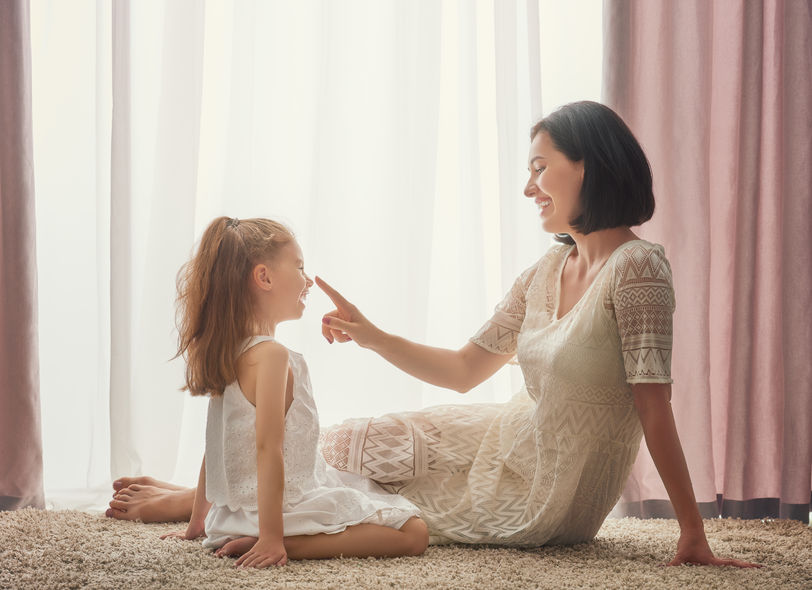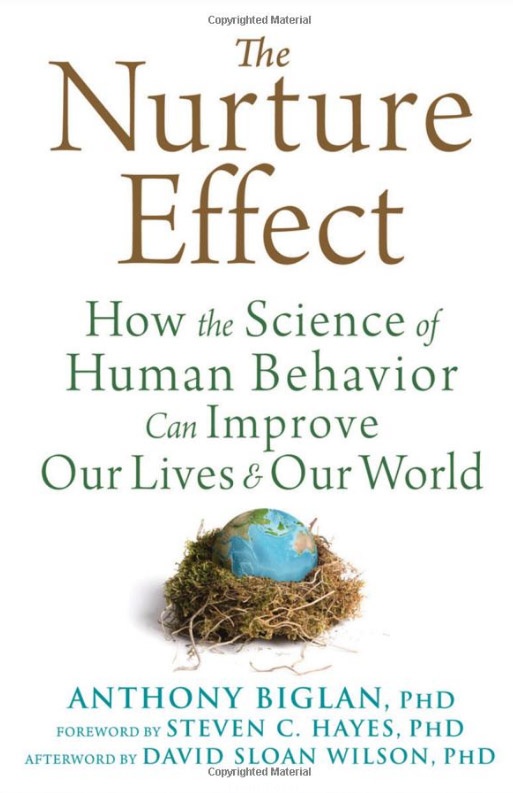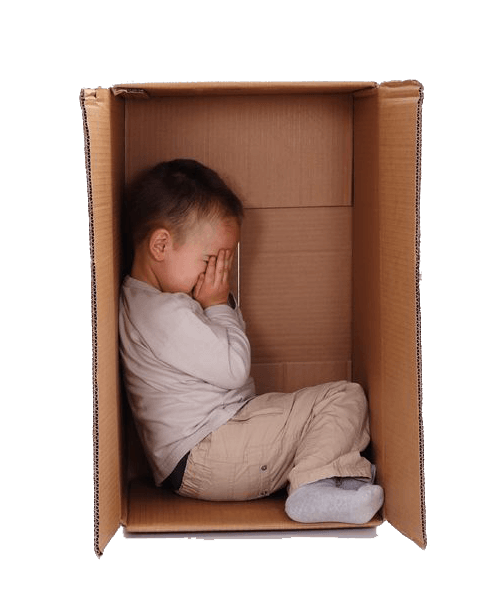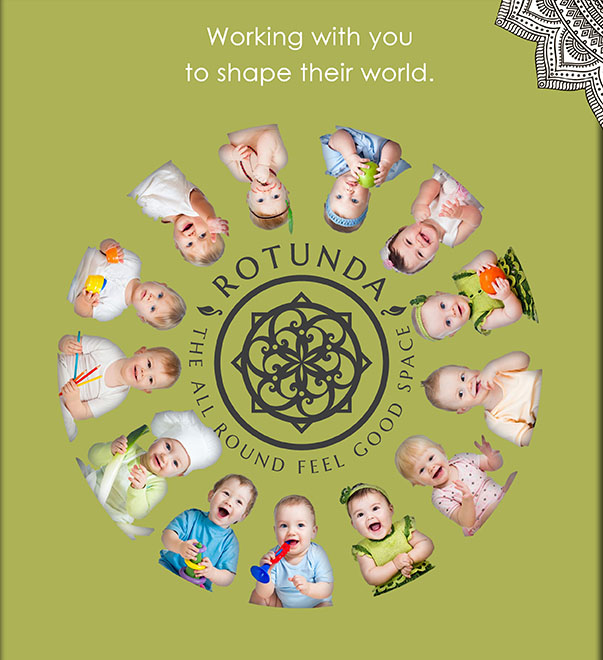In his new book The Nurture Effect: How the Science of Human Behavior Can Improve Our Lives and Our World, Psychologist Anthony Biglan describes how interventions aimed at creating nurturing environments could help solve some of society’s most stubborn, harmful, and costly issues. Crime, delinquency, depression, and heart disease are often, he explains, the outcomes of environments that fail to promote well-being.
According to Biglans research, we have the capacity to increase increase societal well-being by creating environments that minimize socially and biologically harmful conditions, teach and promote prosocial behavior, limit destructive behaviors, and support individuals in pursuing their values.
By cultivating compassionate, positive, nurturing environments we can raise the standards of living, improve cognitive development in our chidren, increase education, reduce violence and prevent crime.
“Anthony Biglan pulls out the common threads to show that it is possible to make families, schools, and the larger social context more nurturing and ultimately to create nurturing environments so vital to well-being and to preventing widespread harm” Lisbeth B.Schorr senior fellow at the centre for the Study of Social Policy
Within the framework of this book, Biglan calls for a public health movement akin to the smoke-free campaign of the last 50 years. He suggests the science behind nurturing environments could drive a similar shift in public health and well-being.
Mental health is a hot-topic in the media at the moment; The Duke and Duchess of Cambridge and Prince Harry are spearheading the Heads Together campaign to end stigma around mental health and there’ve been articles spinning around in the press about the importance of recognising the importance of addressing mental health issues on a national level.
“Through our work with young people, emergency response, homeless charities, and with veterans, we have seen time and time again that unresolved mental health problems lie at the heart of some of our greatest social challenges.”
In the recent podcast with Prince Harry, he openly states that it became blindingly obvious to him through work with war veterans that “even if it was a small problem in your youth, something (Afghanastan, in a lot of these cases) was the trigger for these issues to come forward”.
It would seem this topic is also well on trend with other researchers (coming up with the same conclusions and implications of childhood wellbeing (or lack of it):
Childhood adveristy and mental health problems The British Journal of Psychiatry (2012)
Many researchers are now exploring the mechanisms and processes by which events in childhood can lead to mental health problems years later. For example, in an attempt to generate a genuinely integrated psycho-socio-biological approach,3 the traumagenic neurodevelopmental model9 of psychosis (proposed by J.R. and colleagues) draws on the evidence that the biochemical and structural abnormalities found in people diagnosed with schizophrenia, which have often been portrayed as evidence of a ‘brain disease’, are also found in the brains of traumatised children.
Recent studies have demonstrated that a wide range of adversities, and not just sexual abuse, are predictors of many forms of mental ill health. Some of these adversities have been shown to be
intergenerational, so that parents who themselves suffered in childhood struggle to provide an optimum environment for their own children.
I don’t know whether you caught it, but Radio4 Womans hour recently interviewed Countess Bathurst, the former High Sheriff of Gloucestershire who is one of the founders of the WI group at HMPrison Eastwood Park. Sarah claimes that “before I started work as high sheriff I was old-school. I really believed that if somebody was in prison, they’d done something wrong, that’s where they needed to be. But, I have been so re-educated and I have learnt so much about the larger picture, about the background of these women, what they’ve gone through and the challenges that they’ve faced throught their lives which have led them down this enormous mentally destructive path. Nobody wants to go to prison, sometimes they find themselves on this dreadful rollercoaster ride, it’s rather like gong down the bob sleigh, your going down faster and faster, there’s no brakes and there’s no way of getting out of it until you spin out of control and that’s what happens. For most women, going into prison is a huge shock. Many of them go in for a first offence, a third of women in prison have spent time in care as a child.”
And she speaks about this subject at the same time that The British Medical Association have published a report on the vital role doctors have to play in preventing vulnerable children and young people ending up in custody Young lives behind bars: The health and human rights of children and young people detained in the criminal justice system, sets out how doctors can recognise risk factors for future offending and seize the opportunity to intervene.
Writing in the Foreword to the report, Juliet Lyon, Director of the Prison Reform Trust, said: “The Prison Reform Trust commissioned a study of children in prison to learn more about the 6,000 children who went into some form of custody in the six months from July to December in 2008. Many had unmet mental health needs or a learning disability or difficulty. A depressingly familiar story for health and justice professionals and others who care for vulnerable young people.”
Imagine if, through the simple act of nurturing our young we could actually obliterate crime and even remove the requirement for a prison system altogether? Could we manage to create a new, crime-free and compassionate, loving society in just one generation?
The future of our society is now firmly in our hands; whether we’re nursery nurses, school govenors, mothers, classroom builders, teachers, headmasters, doctors, nannies and childcare workers.
Make no mistake about it, the early years childcare arena is the most critical for creating a well-balanced, caring, compassionate, prosocial, happy, productive society. If you’re a school or nursery, and you’re looking to implement a new learning, sensory or functional action zone environement, please speak to us, we are incredibly passionate about how we can be of service to you, to create your physical nurturing space.
We can’t alleviate all of the worlds problems in one day, but cocooning children in a warm and protective timber-framed Roundhouse is a good place to start.
Copyright © Rotunda Eco Build Ltd.



 intergenerational, so that parents who themselves suffered in childhood struggle to provide an optimum environment for their own children.
intergenerational, so that parents who themselves suffered in childhood struggle to provide an optimum environment for their own children.




